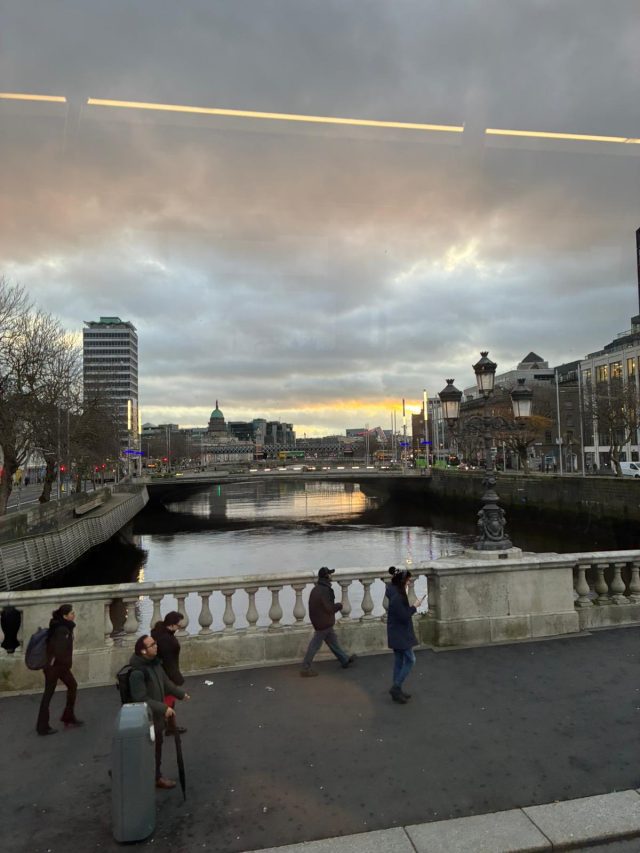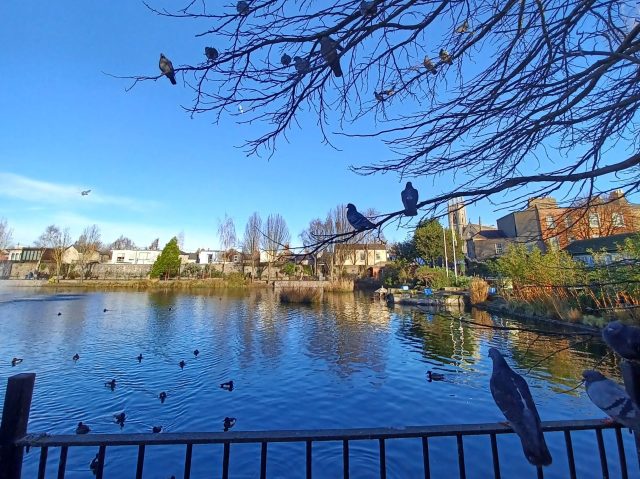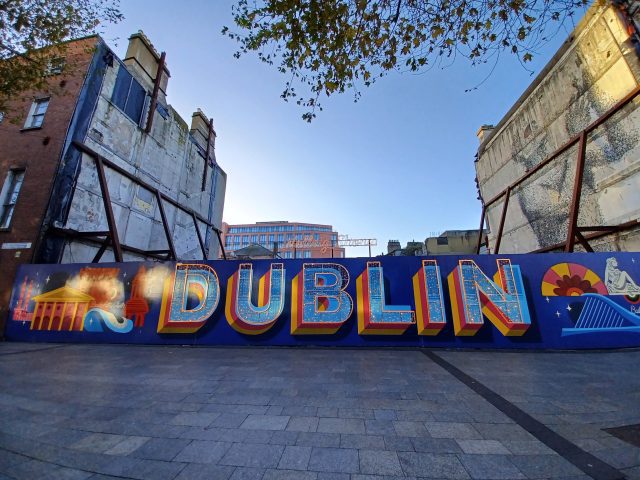On Monday, 7 October, the staff of the Public Participation Network (PPN) were honoured to meet Ms. Kata Tüttő, President of the European Committee of the Regions (CoR), during her visit to Europe House on Chatham Street. The meeting provided an opportunity to introduce the PPN, outline its key objectives, and highlight the important work being carried out across Dublin’s community and voluntary sectors, in alignment with broader European goals.
The PPN began by describing its central role as a network that gives communities, voluntary organisations, social inclusion groups, and environmental bodies a stronger voice in local authority decision-making. Through its pillar working groups, plenaries, and representation on Dublin City Council committees, the PPN ensures that citizens’ perspectives are heard in the development of policy and that participatory democracy remains at the heart of local governance. The presentation emphasised that the PPN model is still in its infancy.
During the presentation, the PPN spent a few minutes discussing the Leipzig Declaration on the Roles of Cities in Europe, which was signed in April 2025, by Dublin’s Lord Mayor, Cllr Ray McAdams. This declaration reaffirms the central role of cities and regions in upholding democratic values, promoting equality, and combating disinformation and hate speech.
One of its aspirations states:
“We call for the enforcement of existing and new rules on online communication to protect our society from hate speech, disinformation or interference and expect the new European Democracy Shield to serve these demands.”
This principle resonates with the PPN’s own work in fostering inclusion, respectful dialogue, and civic awareness within its member groups. In this context, the PPN highlighted some of its recent initiatives that directly support the values embodied in the Leipzig Declaration.
During the spring training season, the PPN ran a series of anti-racism workshops led by Dr Ebun Joseph, an esteemed educator and equality consultant. These sessions provided PPN members with tools to identify and challenge racism, promote inclusive practices, and engage constructively on sensitive issues within their communities. The training was well-received of the year, with participants noting its practical insights.
The PPN also shared details of its ongoing collaboration with Dublin City University (DCU) on tackling misinformation and disinformation. This partnership focuses on raising awareness of how false or misleading information spreads online and equipping community groups with strategies to recognise, question, and respond responsibly. This work is especially relevant given the increasing impact of digital media on social cohesion and democratic participation.
The PPN expressed concern for the people of its member groups who live, work, volunteer, and are active in communities that have suffered the biggest impacts of the housing, health and education crisis’ and are now navigating complex challenges of mis and disinformation. The PPN thanked Ms Kata Tüttő for her role in the Leipzig Declaration. The meeting concluded with mutual appreciation for the role of community networks like the PPN in translating European values into local action ensuring that the principles of democracy, equality, and solidarity are lived and experienced in the everyday life of Dublin’s communities.





